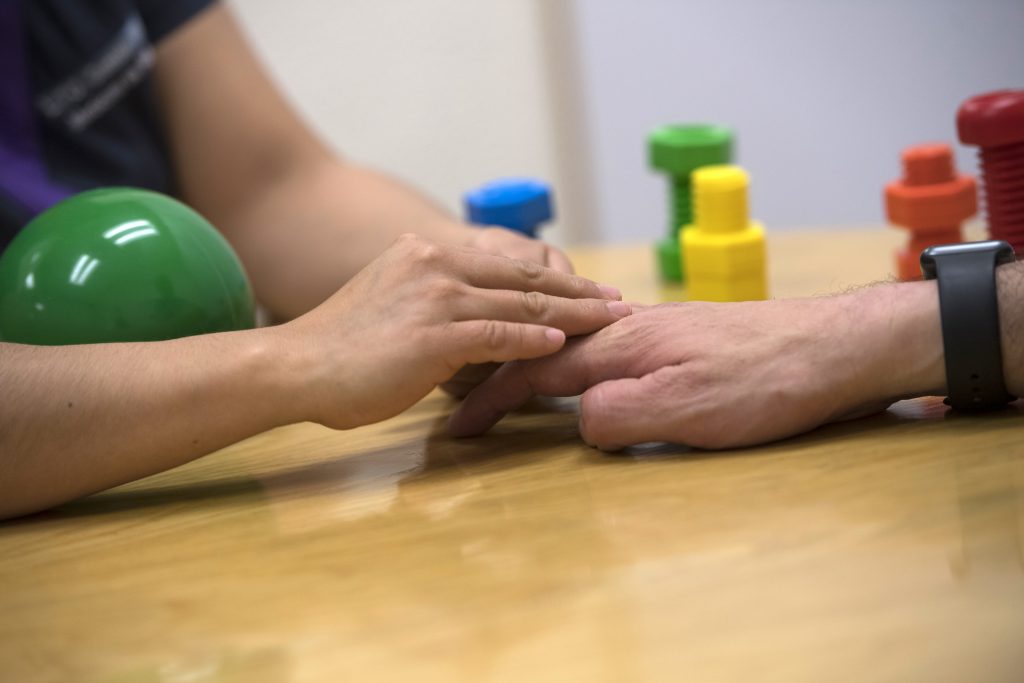Key points:
- Half of the people with COVID-19 say they have some neurological symptom.
- Neurological manifestations constitute the second most frequent group of symptoms in patients with COVID-19 infection, after respiratory symptoms.
- Patients older than 65 years old, with a history of smoking, overweight, diabetes, or uncontrolled high blood pressure; are more vulnerable to neurological consequences.
Since the beginning of the COVID-19 pandemic, it has been reported that many patients suffer from neurological symptoms, being the second most important group of symptoms, only below the respiratory ones.
Dr. Paul David Uribe Jaimes, a neurologist at the ABC Medical Center, says that approximately half of the people who have suffered from a COVID-19 infection complain, in the medium or long term, of some neurological symptom, which is why the definition “post-COVID-19 neuropsychiatric syndrome” has been created, which includes various symptoms such as slowness of thought, feeling dazed, memory failures, changes in mood, decay, irritability, constant fatigue, changes in sleep habits, exercise intolerance, visual changes, headache, or altered sensation in the limbs.
Neurological symptoms and complications, regardless of the severity of pulmonary symptoms, are a factor to be considered. As it is a recent disease, the health sector around the world continues to learn from it, however, there are already treatment guidelines that are effective in improving the neurological symptoms of patients who have suffered from COVID-19.
It has been detected that the neurological symptoms related to COVID-19 can be grouped into four different types:
- They occur at the same time as acute respiratory symptoms, the most common being headache and loss of taste or smell.
- Neurological complications in patients with severe respiratory symptoms and include problems with cerebral circulation or muscle weakness.
- They last or persist for weeks or months after infection and include fatigue, changes in attention, changes in memory, or sleep disturbances.
- The infrequent ones appear a few days or weeks after the infection disappears and are the product of the immune system activation.
Of the total number of patients hospitalized for pneumonia associated with COVID-19 at the ABC Medical Center, 8.6% have shown some type of neurological symptom with sufficient intensity to require treatment, indicates Dr. Uribe.
On the other hand, it has been observed that of the total number of patients hospitalized in the Intensive Care Unit at the ABC Medical Center, about a third went home with a certain degree of neurological weakness, reflecting the severity of the respiratory infection as it is a risk factor for having important neurological complications.
Another relevant fact in post-COVID-19 neurological symptoms is that it is more frequent in middle-aged women, patients with a history of depression or anxiety, individuals who have had reinfections with the virus, as well as in those who have not been vaccinated or have an incomplete vaccination schedule.
Given the high frequency of neurological symptoms in patients with COVID-19, the concern of the neurological scientific community has been raised in terms of the role that these symptoms may play in the development of late complications and in advanced ages, mainly due to the high number of people who have suffered from this disease.
Within the ABC Medical Center, you will find a multidisciplinary team of neuroscience specialists who have gained enough experience to identify these symptoms and provide comprehensive treatment for patients, using resources such as laboratory or office diagnoses, being part of comprehensive treatment strategies based on the use of drugs, rehabilitation, emotional support, neuropsychological therapy, or hygienic-dietary measures.
As COVID-19 is a new disease, and with the little knowledge that this entails, the best way to prevent neurological complications from infection is to prevent the disease itself. Therefore, it is recommended to have a complete vaccination schedule, in addition to continuing with the general measures that include the use of face masks, hand hygiene, and space ventilation.
At ABC Medical Center’s Neurology Center, we can provide you with specialized care. Contact us!
Fuentes:
Dr. Paul David Uribe Jaimes, a neurologist at the ABC Medical Center.


